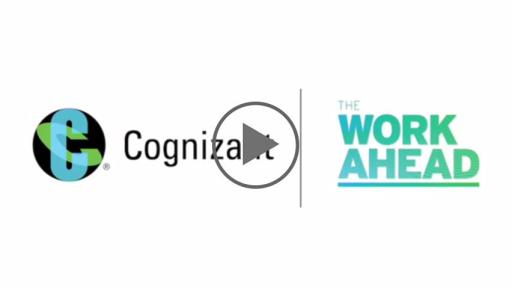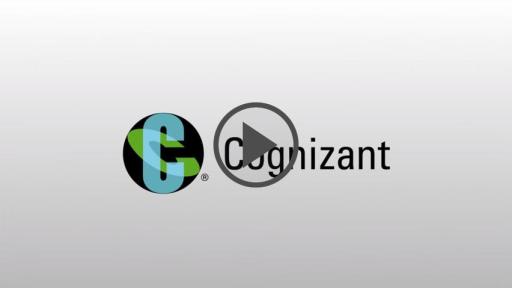






Highlights
NEW COGNIZANT STUDY DEFINES ECONOMIC IMPACT OF DIGITAL
Cognizant’s new global study, “The Work Ahead,” quantifies the economic impact of the evolving digital economy and analyzes ways it will fundamentally reshape the way we work, from the increasing use of artificial intelligence (AI) and automation to the skills required to work in tandem with these new digital tools.
Overview
- The Work Ahead surveyed 2000+ executives from six distinct industries -- Financial Services, Healthcare, Insurance, Life Sciences, Manufacturing and Retail.
- The impact of the next generation of digital between 2015 and 2018 alone could be up to $20 trillion.
The Economics of Digital
- In 2015, approximately 6% of revenue, nearly $364.5 billion, was driven by digital technologies.
- By 2018, the net impact on revenue from digital technology is expected to more than double from 4.6% to 11.4%, or $770 billion, annually.
- Business leaders say they could unlock an average of $75.7 million more in annual revenue per company, a combined value of $151.6 billion, if they took full advantage of digital.
Artificial Intelligence Comes of Age
- The impact from new technologies – Internet of Things (IoT), Artificial Intelligence, augmented reality, and blockchain– will at least double over the next five years and may triple or quadruple by 2025, reducing costs for some organizations by more than 50%.
- Businesses are embracing AI which encapsulates multiple technologies already in use, including apps, algorithms, sensors, data, and systems of record; 51% of business leaders surveyed think AI will have a strong impact on business by 2020.
- By 2018, the next generation of digital will impact approximately $20 trillion in revenue
Laggards in the Enterprise Lose Big – and the Penalty is Growing
- Today, digital laggards, on average, face a total economic impact of approximately 2.9% of all costs and revenue; while the leader impact is upside of approximately 6.4%.
- In 2015, the laggard penalty of surveyed companies reached about $262 billion. By 2018, the penalty will grow to $1.3 trillion with an average penalty, per company, reaching $692 million.
It’s Not About Beating the Bots; It’s About Joining Forces
- 63% of respondents did not feel strongly that new technologies would help them keep their jobs; approximately 64% did not feel new technologies could help them from being replaced by a robot.
- More than 81% of respondents agree that, by 2020, analytical skills will be essential for one’s professional career and for businesses as a whole; 74% say strategic thinking and 72% say leadership will be vital.
- AI cannot apply judgment or the human touch; human skills such as creativity, abstract thinking, and adapting to changing conditions will be more important than ever in the years to come.
The Work Ahead with Paul Roehrig and Ben Pring
Infographic
By 2018, next-gen #tech to impact business by $2.3T; do you understand #TheWorkAhead? Tweet
IE Fix


Follow Us on Twitter
Tweets about Cognizant